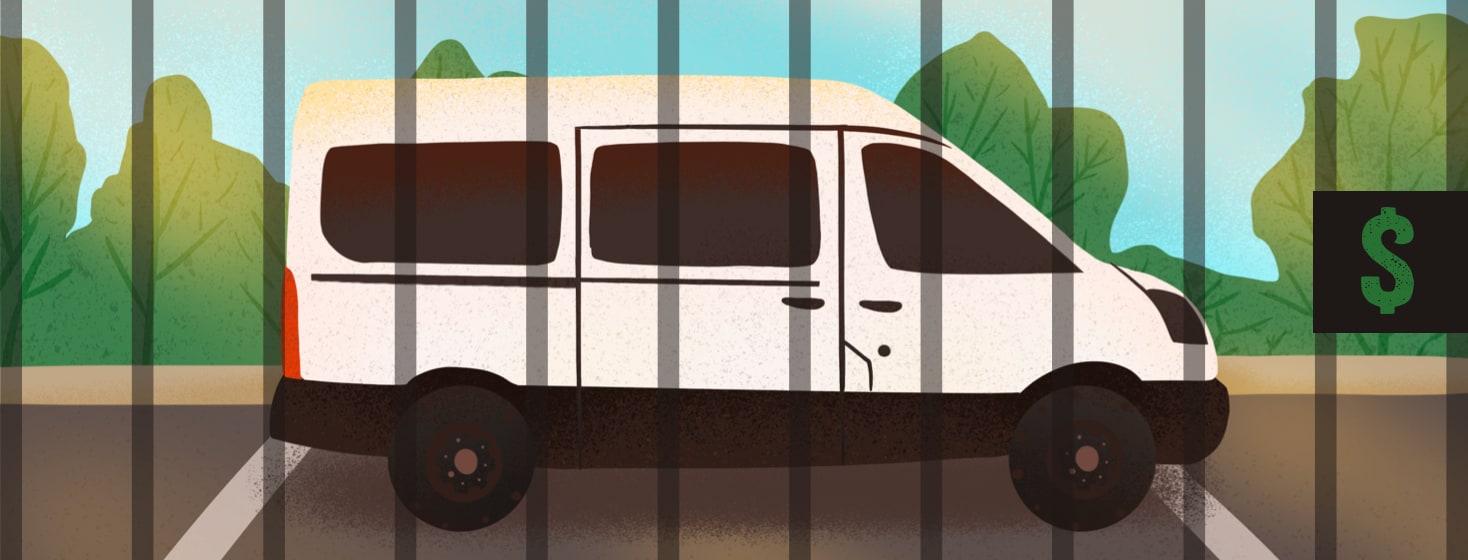Why Are Car Repairs So Expensive?
Maintaining a reliable vehicle is vital for individuals living with spinal muscular atrophy (SMA) to maintain their independence and overall well-being.
Repair bills despite the SSI limit
Unfortunately, vehicle repairs can often be a financial burden, especially when faced with a $2,000 asset limit. The SSI $2,000 asset limit cap for individuals and the $3,000 asset limit for couples means that those receiving Supplemental Security Income (SSI) cannot have more than these respective amounts in countable assets or resources, or they risk losing their SSI benefits.
It is essential to note that seeking assistance for vehicle repairs is nothing to be ashamed of, particularly when it comes to maintaining crucial transportation.
A vehicle means independence
As someone who relies on their van as a reliable companion, I understand the importance of having a dependable vehicle. For individuals with disabilities, a vehicle is not just a convenience, but a lifeline that enables them to attend medical appointments and run day-to-day errands. The absence of a reliable vehicle can be a significant setback, jeopardizing hard-earned independence and causing undue stress and anxiety.
Fortunately, there are resources available to help cover the costs of vehicle repairs. Local organizations often extend financial aid or grants specifically tailored to assist with these expenses. Additionally, online fundraising platforms can serve as a powerful means to garner support from friends, family, and the wider community. Advocacy or support groups for individuals with disabilities can provide invaluable guidance, access to resources, and connections to local services.
The SSI limit impedes quality of life
It is important to note that the $2,000 limit can significantly impede one's quality of life. It can make accessing essential services a challenge, jeopardize the reliability of one's transportation, and even make it difficult to afford basic necessities. Staying within this limit can take a toll on one's mental and physical health.
Guilt when I resorted to crowdfunding
I found myself in a tough spot when my trusty van broke down, and I couldn't help but feel a twinge of guilt as I resorted to crowdfunding for assistance. It wasn't easy to ask for help, but the van was crucial for my daily life and work. As I reached out to the online community, the initial guilt weighed on me, but I was amazed at the support and generosity that poured in from strangers. With their help, I not only managed to get my van fixed but also learned a valuable lesson about the power of community.
Over time, the guilt transformed into deep gratitude and a newfound belief in the kindness of people I had never met before. I was touched by the support I received from both friends and strangers who recognized the paramount importance of dependable transportation for individuals with disabilities. Even modest donations made a profound impact, and I ultimately exceeded my fundraising target. Most importantly, never hesitate to reach out for assistance when the need arises. Asking for help is a testament to your resilience and strength, not a sign of weakness.
Advocate for a equitable system for our unique financial constraints
If you find yourself in a similar situation, it is crucial to engage in proactive planning and prudent budgeting. It is also vital to advocate for policies that take into account the unique financial circumstances of individuals with disabilities to create a more equitable system for all.
The bipartisan legislation, represented by H.R. 5408 in the House and S. 2767 in the Senate , stands as a beacon of hope in today's politically divided landscape. Crafted with input and support from both sides of the aisle, these bills demonstrate a commitment to finding common ground and working together for the benefit of the nation. The proposed legislation, H.R. 5408 and S. 2767 carries significant implications for social security and financial stability.
By raising the individual $2,000 asset limit and couple $3,000 asset limit to $10,000 and $20,000, respectively, and indexing them to inflation, the bills aim to provide a much-needed boost to financial security for vulnerable individuals and couples. Moreover, these legislative efforts target and rectify the existing marriage penalty within the Supplemental Security Income (SSI) system, addressing an inequity that has long plagued the program. By addressing these issues, the legislation seeks to create a fairer and more inclusive social safety net, benefiting those relying on SSI for their well-being.
Reliable transportation is critical to maintaining one's independence and well-being, and the cost of vehicle repairs should never be a barrier to achieving that. Embrace the resources available to you, both in your local community and online, and remember that your ability to ask for assistance is a powerful tool in your journey towards a more accessible and fulfilling life.

Join the conversation